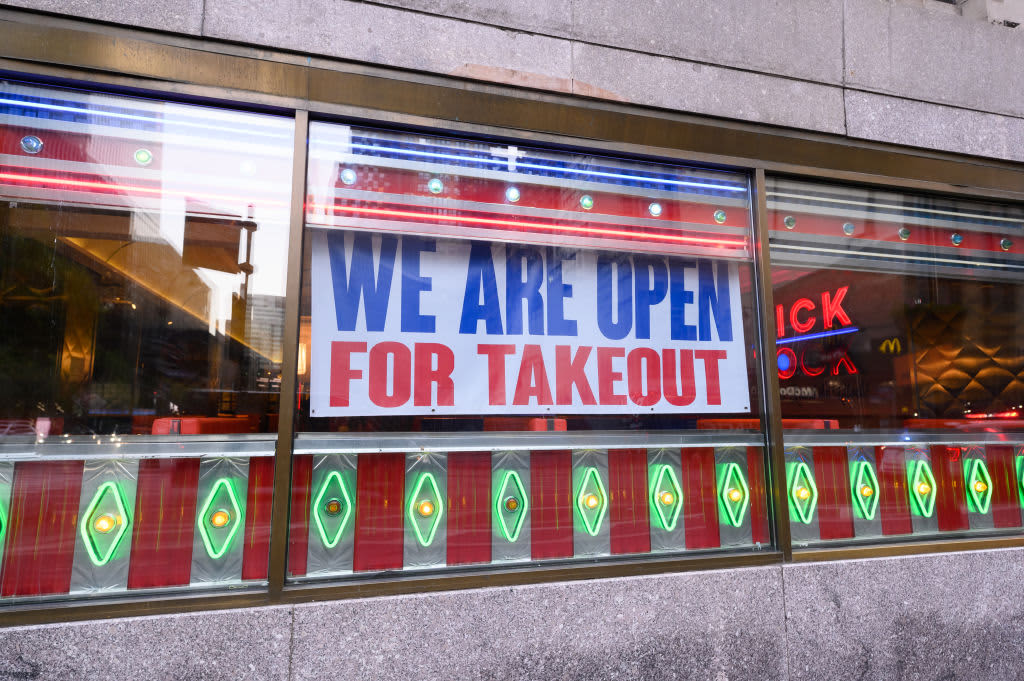New Jersey restaurant owner Chris Clayton told CNBC on Friday that giving businesses the green light to reopen during the coronavirus pandemic does not guarantee their survival.
“Open is a four-letter word,” Clayton said on “Squawk Alley.” ”Just being open doesn’t mean that you’re not going to go under. You need to be open enough, especially for businesses that are ready to do volume, to make it worth it.”
Clayton is the owner and operator of Margate Dairy Bar & Burger in Margate City, southwest of Atlantic City on the Jersey Shore. Beaches in New Jersey are allowed to open for Memorial Day weekend, with social distancing and other restrictions in place, and nonessential retailers can now begin offering curbside pickup.
New Jersey Gov. Phil Murphy said Thursday he thinks it could be a ”matter of weeks” until the state can ease more virus-related restrictions and allow more nonessential businesses to reopen. New Jersey has the second-most cases of Covid-19 in the U.S., with 152,579 as of Friday afternoon, according to Johns Hopkins University.
Often, when states and cities relax health orders, businesses in certain industries will have to comply with capacity restrictions, which are meant to allow for social distancing. But Clayton noted that capacity limits can be particularly difficult for certain sectors.
“I have friends in the amusement park and theater business and they go, ‘Listen, if we have to open at 25%, 50%, social distancing, we can’t pay our electric bill,” Clayton said.
Margate Dairy Bar & Burger is open for delivery, and Clayton stressed the importance of making sure customers and workers alike feel safe through protocols such as disinfecting pens and taking employees’ temperatures. The changes have brought added costs for supplies and hurt margins, Clayton said.
“We believe some of them will be temporary, but we will believe some of them will be more long term,” he said. ”If you’re not watching the margins in the business, whether you’re small, medium or large, you might be dead, just not hit the floor yet,” Clayton added.
Founded in 1952, Clayton’s business — which has walk-up windows for service — is “built for volume,” which is complicated in a world upended by a health crisis, he said. “If I’m not hearing from the chief of police on a Saturday night that there’s too many people in the street, I’m concerned I’m slow.”
“Now we’ve gone from being a business that we want folks, 40, 50, 60 years old … to come and hang to a place that says, ‘Hey, we love you, but you’ve got to get your product and you’ve got to go,” he added. “It makes us sad, but, again, we can innovate. … For some of us it’s harder than others, and my hopes are that we can get them back and up and running.”
